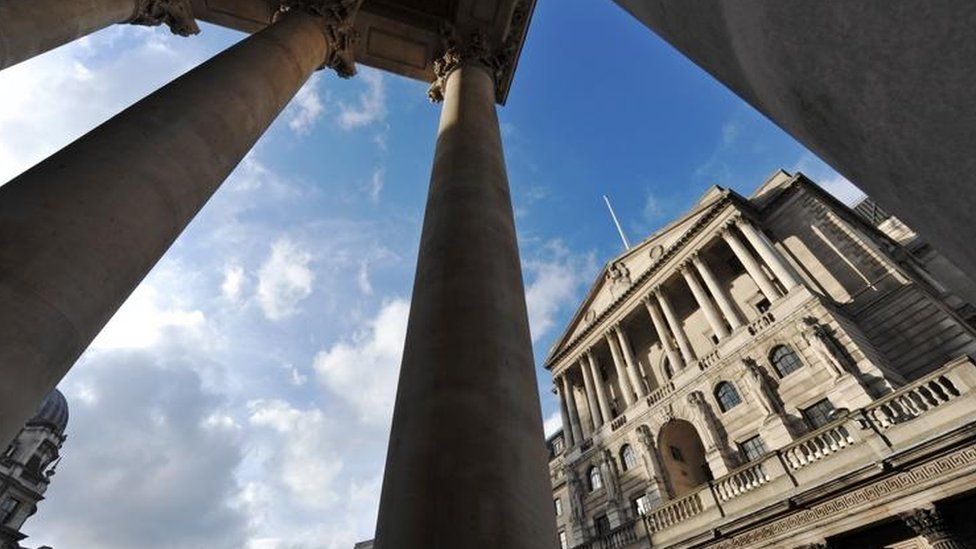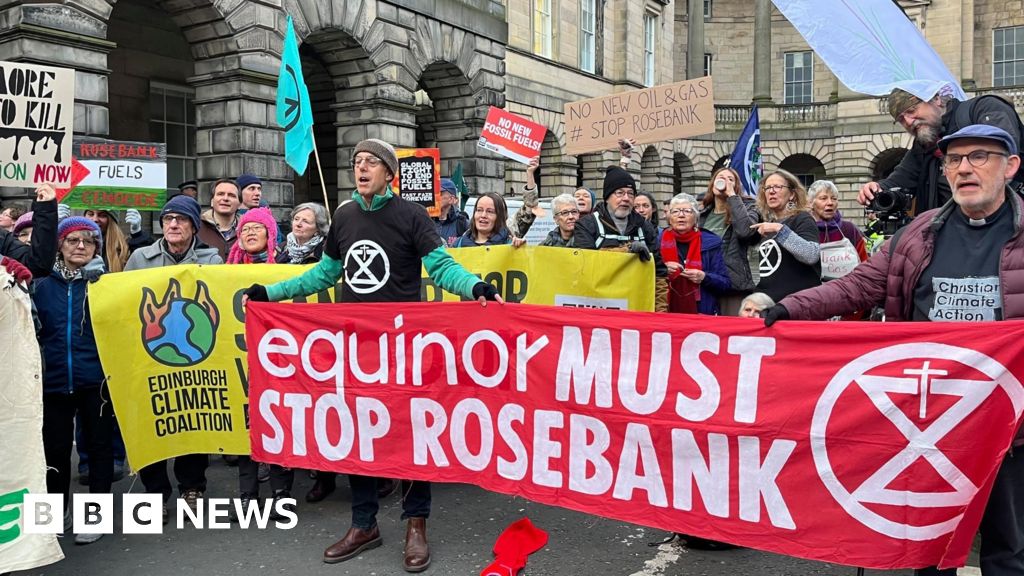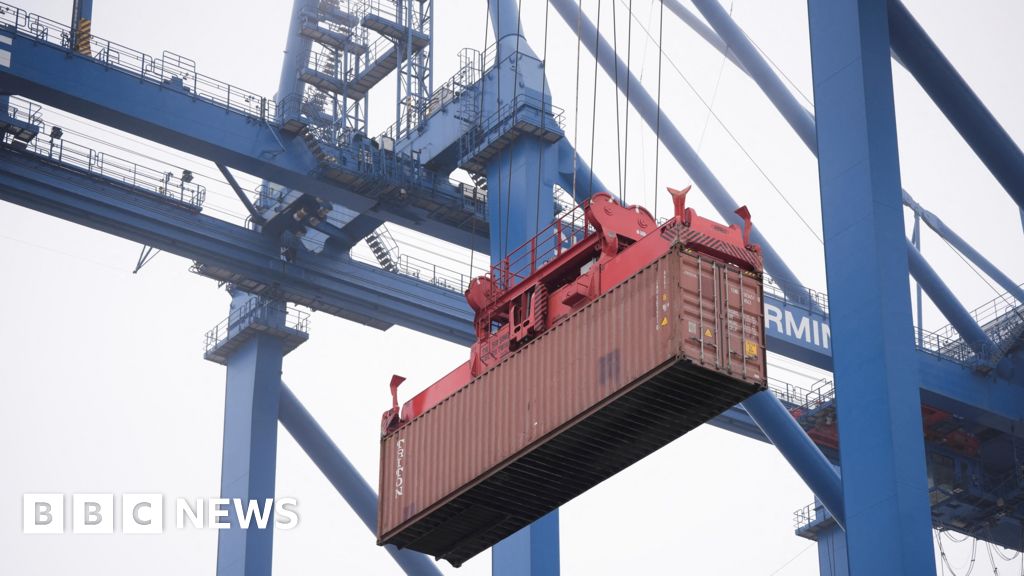ARTICLE AD BOX

The Bank of England's top economist has said he is sorry for using "inflammatory" language to suggest people must accept they are poorer.
Huw Pill recently said people needed to stop asking for pay rises to keep up with soaring prices because this risked keeping inflation higher for longer.
However, his remarks prompted criticism, including from his own boss.
Bank of England governor Andrew Bailey said Mr Pill's "choice of words was not right".
Mr Pill said: "If I had the chance again to use different words I would use somewhat different words to describe the challenges we all face."
He added: "Although we have some difficult messages to bring. I will try and bring those messages in a way that is perhaps less inflammatory than maybe I managed in the past."
Inflation - which measures the rate at which prices rise - remains stubbornly high at 10.1%, mainly due to food prices.
Part of the Bank of England's job is to keep inflation at a target rate of 2%.
It can try and do this by raising interest rates, which makes the cost of borrowing money more expensive.
This move, in theory, is supposed to make people reduce spending, so that demand for goods cools and price rises slow.
However, if people keep asking for pay rises to keep up with inflation it could result in higher prices for a long time.
Last week, Mr Pill said: "Somehow in the UK, someone needs to accept that they're worse off and stop trying to maintain their real spending power by bidding up prices, whether through higher wages or passing energy costs on to customers."
He added: "What we're facing now is that reluctance to accept that."
The Bank has raised interest rates 12 times since December 2021 to 4.5%. It is aiming to bring inflation back to its 2% target in three years' time.
On Monday, Mr Pill said that both he and the Bank of England "recognise that we live in very difficult and challenging times and those challenges are particularly acute for some parts of society".
Last week, Mr Bailey said the Bank was very sensitive to all people facing higher inflation "but particularly people on lower incomes" because they spend more of their budgets on "the essentials in life" such as food and energy.
At the time, he said: "I don't think Huw's choice of words was the right one in that sense, I have to be honest and I think he would agree with me."

 1 year ago
113
1 year ago
113








 English (US)
English (US)